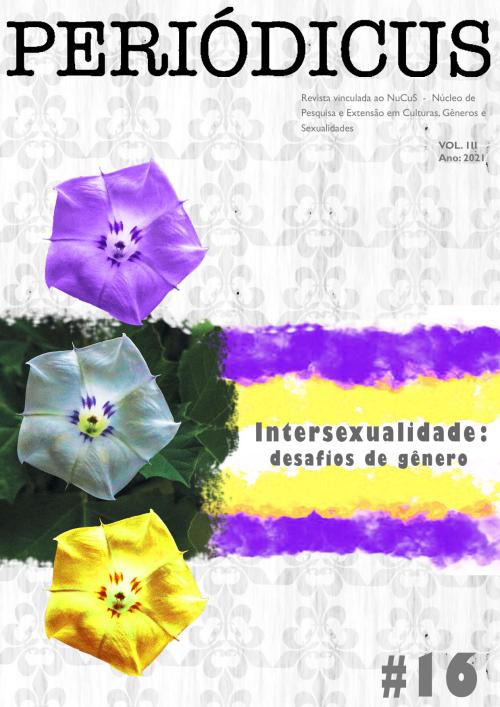Queer theory and legal order:
reflections on a queer theory of law
DOI:
https://doi.org/10.9771/peri.v3i16.37391Abstract
This work aims to understand what a “queer theory of law” could be, that is, how the criticisms of the queer
theory could contribute to the legal sciences as to revolutionize what the law understands by sex, gender, and sexuality. As a normative framework, law has always designed sex, gender, and sexuality; however, the legal field constructs these dimensions from the perspective of nature, strengthening heteronormativity, fixed identities, sexual and gender binarisms,
as well as the sex-gender-sexuality logic that queer theory aspires to dismantle. Thus, through an exploratory research and a bibliographic review of queer studies, this study understands that a queer theory of law must undertake dismantling and strangeness to the norms of the legal field, criticizing the normatization engendered by them concerning the categories of
sex, gender, and sexuality. Consequently, a queer theory of law imposes the inclusion of all those who are on the verge of citizenship and heteronormativity within the legal universe, contemplating all subjects regardless of sex, gender, or sexuality.
Downloads
Downloads
Published
How to Cite
Issue
Section
License
Copyright (c) 2021 Danler Garcia

This work is licensed under a Creative Commons Attribution-NonCommercial 4.0 International License.
Authors who publish in this journal agree to the following terms:
Authors retain copyright and grant the journal the right of first publication, with the work simultaneously licensed under a Creative Commons Attribution Noncommercial License that allows the work to be shared with acknowledgment of authorship and initial publication in this journal, but prohibits commercial use.
Authors are authorized to enter into separate additional contracts for non-exclusive distribution of the version of the work published in this journal (e.g., publishing in an institutional repository or as a book chapter), with acknowledgment of authorship and initial publication in this journal.
Authors are permitted and encouraged to publish and distribute their work online (e.g., in institutional repositories or on their personal website) at any point before or during the editorial process, as this can generate productive changes and increase the impact and citation of the published work (see The Effect of Open Access).








